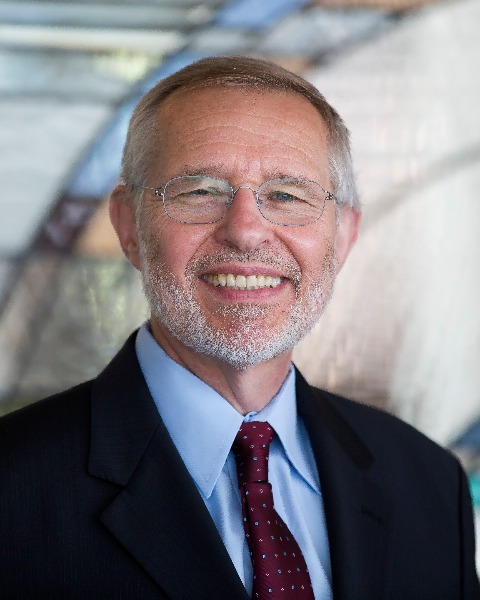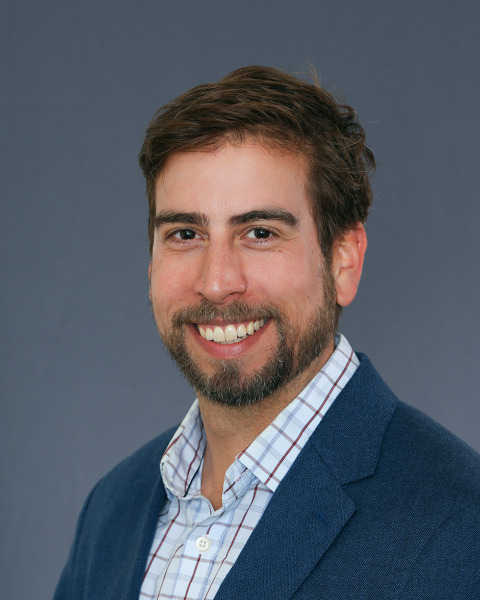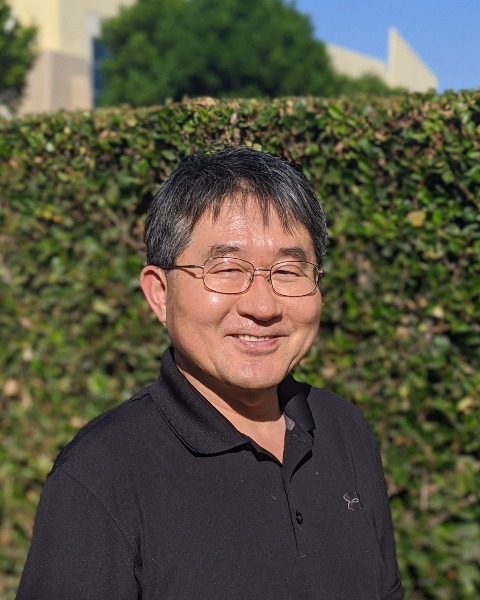
AC21 - New Primary Bio-filter Achieves High-rate Treatment for Growing Wet-weather Inflows
Recorded On: 06/07/2021
-
You must log in to register
- Non-member - $35
- Member - $25
Member: $25.00
Non-Member: $35.00
SWRCB Waste Water CEUs: 0.1
CWEA Contact Hours: NOT OFFERED.
Climate change, aging infrastructure and potable reuse are increasing the challenge of managing wet weather flows. This presentation will explain one plant's trade-offs in peak flow planning, and present pilot results from a new technology designed for high-rate biological treatment of wet weather flows and/or advanced primary treatment.
Learning Objectives:
Describe the challenges associated with wet weather peak flow management.
Identify how up-flow biological filtration works and describe it's effects on water quality.
Evaluate a novel technology for high-rate, auxiliary treatment of peak flows and the dual-use options for this technology

Glen T. Daigger, MSCE, PhD, PE, BCEE
Professor
University of Michigan
Dr. Glen T. Daigger is currently Professor of Engineering Practice at the University of Michigan and President and Founder of One Water Solutions, LLC, a water engineering and innovation firm. He previously served as Senior Vice President and Chief Technology Officer for CH2M HILL (now Jacobs) where he was employed for 35 years, as well as Professor and Chair of Environmental Systems Engineering at Clemson University. Deeply involved in professional activities, he is a former member of the Board of Directors of the Water Research Reuse Foundation (TWRF), and a Past President of the International Water Association (IWA). He is a Distinguished Member of the American Society of Civil Engineers (ASCE), a Distinguished Fellow of IWA, a Fellow of the Water Environment Federation (WEF), and a member of the U.S. National Academy of Engineers and the Chinese Academy of Engineering.

Joseph Goergen
Superintendant
GCDCWWS-ARTP

Jon Liberzon
Emerging Markets Process Engineering Lead
Black & Veatch
Jon Liberzon is Vice President at Tomorrow Water, a California-based subsidiary of BKT, where he spearheads a portfolio of new treatment processes including high-rate bio-filtration for wet weather flows, Proteus advanced primary treatment, AMX shortcut nitrogen removal and Draco thermal hydrolysis. Before joining Tomorrow Water, Jon consulted for a range of industrial and multinational clients including the World Bank, Technoserve and DFAT. From 2012-2017, he was director of water technologies at Algal Scientific, which developed high-rate nutrient recovery processes for food and beverage factories. Jon also helped develop algae-based photosynthetic aeration systems and worked on drinking water and agricultural development projects in several least developed countries, including Haiti and Vanuatu. Jon holds a Masters from the Technion – Israel Institute of Technology, and a Bachelors degree from the University of Michigan.

Daewan Rhu
CTO
Tomorrow Water (BKT)
Education
1999. 9 ~ 2000. 8 Post Doctor, Civil & Environmental Engineering, Korea University
1995. 9 ~ 1999. 8 Ph. D., Civil & Environmental Engineering, Korea University
“Anoxic and oxic yield in relation to oxygen consumed with various substrates and temperature in BNR process “
1993. 8 ~ 1995. 8 M.S., Civil & Environmental Engineering, Korea University
“A Study on the Improvement of Secondary Clarifier Design and Operation.”
1986. 3 ~ 1993. 2 B.S., Civil Engineering, Kookmin University
Career
2015. 8 ~ Present Tomorrow Water (BKT USA), CTO
2015. 1 ~Present Korean Water Partnership Association, Director
2014. 1 ~ Present Korean Water Environ Association(Member Association of WEF), Vice Present
2013. 1 ~2015. 8 BKT Korea, CEO
2010. 1 ~ 2015. 8 Korean Society on Water Environment , Board Member
2005. 4 ~ 2012.12 BKT Korea, CTO
2004. 8 ~2005. 4 KNT Korea, Director of R&D Center
2002. 8 ~ 2004. 8 Environment Vision 21, Director of R&D Center
2001. 4~ 2002. 8 LG Environmental, Safety and Health Institute, Senior Researcher
2000. 9 ~2001. 4 Civil & Environmental Engineering, Korean University, Research Professor

